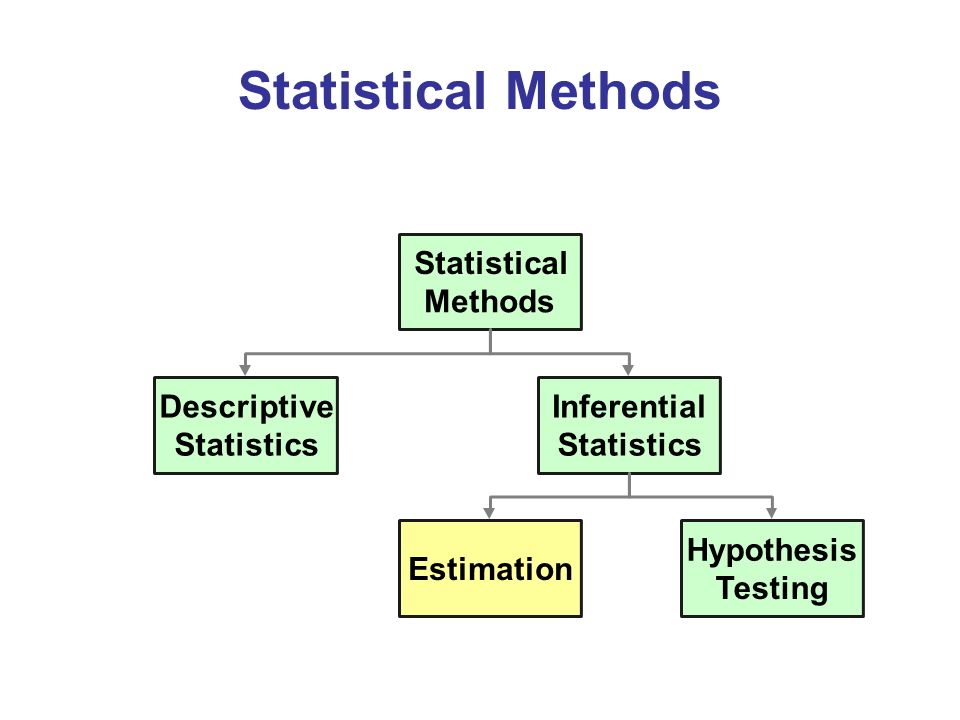Prediction models are increasingly proposed for guiding treatment decisions, but most fail to address the special role of treatments, leading to inappropriate use. This paper highlights the limitations of using standard prediction models for treatment decision support. We identify 'causal blind spots' in three common approaches to handling treatments in prediction modelling and illustrate potential harmful consequences in several medical applications. We advocate for an extension of guidelines for development, reporting, clinical evaluation and monitoring of prediction models to ensure that the intended use of the model is matched to an appropriate risk estimand. For decision support this requires a shift towards developing predictions under the specific treatment options under consideration ('predictions under interventions'). We argue that this will improve the efficacy of prediction models in guiding treatment decisions and prevent potential negative effects on patient outcomes.
翻译:暂无翻译





